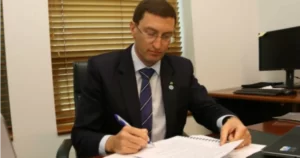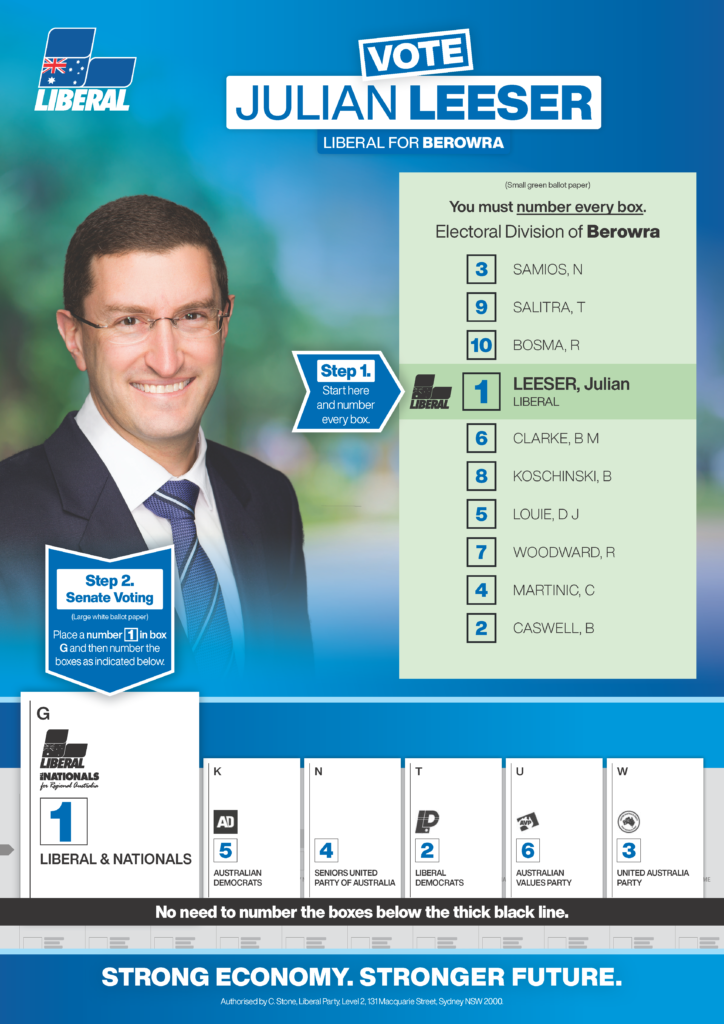When I was 12 years old, I asked my parents to give me a copy of the Constitution for my birthday. I am sure no parent has received an easier or indeed, unusual birthday request. It was definitely a sign that I was very much “Nerdus Maximus!”
As an adult, my interest in the Constitution was shaped by studying law at university and when I become a High Court Judge’s Associate.
The Constitution, drafted in the 1890s, is the invisible pillar that holds together our great national endeavour. But our constitution has a glaring omission, it does not recognise Aboriginal and Torres Strait Islanders.
The referendum on the Voice can change that.
The 29-word question is asking us to do two things. The first is to recognise Aboriginal and Torres Strait islanders as the first Australians. This is a statement of fact that completes our Constitution by making this recognition.
The second thing is to create an advisory body on matters affecting Aboriginal and Torres Strait Islander Australians. That body will be known as the Voice.
The Voice will be able to work with all levels of government and the public service on issues such as Indigenous health, education, housing, safety and economic development.
Australia is one of the most prosperous nations in the world, yet we know that on almost every outcome, there is a gap between Indigenous Australians and other Australians.
For example, Indigenous Australians have an unemployment rate nine times higher than other Australians. The suicide rate is two and a half times higher, and a young Aboriginal male is statistically more likely to end up in jail than go to university.
For too long, we have done things to and for Aboriginal people, but not with Aboriginal people. It’s time we changed that.
As a Liberal, I believe the best decisions are made when you consult the people directly affected by them, and that you strengthen a country when you empower the communities within it.
Some people have said they fear the Voice is about giving Indigenous people special privileges and it will result in two classes of Australians. That argument ignores the outcomes that face Indigenous Australians – with one in two Indigenous Australians living in the most socially disadvantaged areas in Australia, and one in five Indigenous households are living in accommodation that does not have a kitchen or sanitation.
I won’t pretend that after two centuries of relative failure that will change overnight if you vote yes, but I will say we have a better chance if we can create local and regional voices that could speak up on things like the safety of women and children, about childhood school attendance, and adult recidivism.
Some have argued against the Voice saying it will become super powerful and be making decisions on every government matter from submarines to the purchase of paper clips. That ignores the simple fact that the Voice won’t be making decisions, it will simply be an advisory body.
As importantly, the priorities for the voice, like addressing the eight-year difference in life expectancy between indigenous Australians and other Australians are far more compelling than some of the outlandish suggestions that have been made.
In the coming four months, there will be plenty of opportunities for Australians to consider the arguments in a way and time that suits them. I have confidence that Australians are seriously going to consider the case put forward for change.
The AEC pamphlet that will most likely be distributed to all households in September will contain the official case for the YES case and the NO case. As well, in the months ahead there will be public meeting and local street stalls across the country to answer the questions that Australian have.
The Voice embodies many of the values that I hold as a Liberal and as an Australian. It is a safe constitutional change that will make a meaningful difference to the lives of our Indigenous brothers and sisters.
That’s why I will be voting YES.




